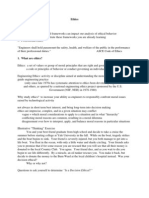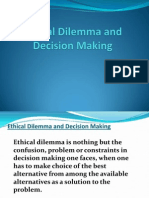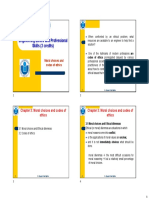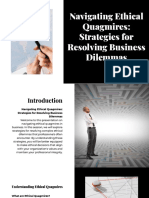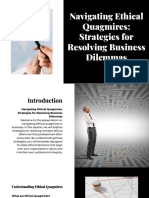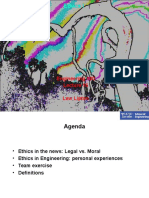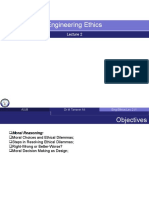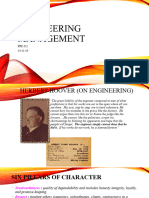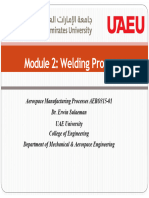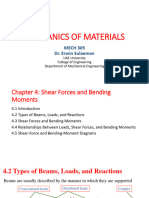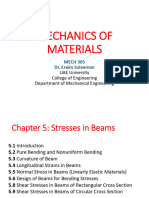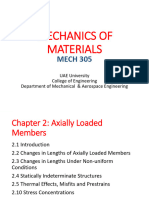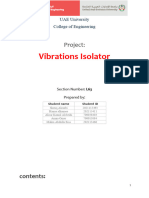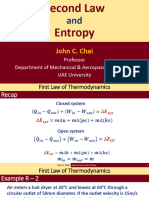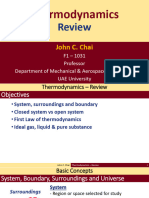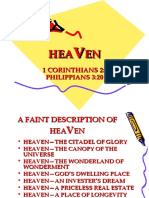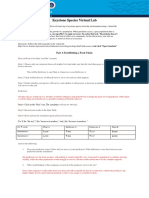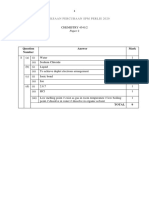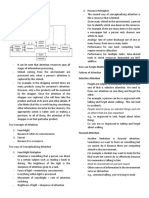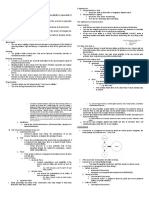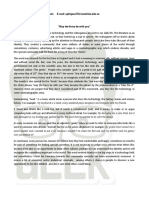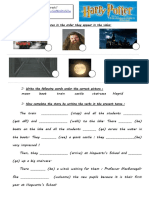0% found this document useful (0 votes)
56 views52 pagesChapter
The document discusses resolving ethical dilemmas and making moral choices. It provides examples of ethical issues like plagiarism and software piracy. It outlines a 6 step process for resolving ethical dilemmas: 1) moral clarity, 2) partners and factors, 3) conceptual clarity, 4) being informed about the facts, 5) considering alternative solutions, and 6) making a well-reasoned decision. It also discusses codes of ethics and provides examples from codes like the NSPE and IEEE.
Uploaded by
Amna OmerCopyright
© © All Rights Reserved
We take content rights seriously. If you suspect this is your content, claim it here.
Available Formats
Download as PDF, TXT or read online on Scribd
0% found this document useful (0 votes)
56 views52 pagesChapter
The document discusses resolving ethical dilemmas and making moral choices. It provides examples of ethical issues like plagiarism and software piracy. It outlines a 6 step process for resolving ethical dilemmas: 1) moral clarity, 2) partners and factors, 3) conceptual clarity, 4) being informed about the facts, 5) considering alternative solutions, and 6) making a well-reasoned decision. It also discusses codes of ethics and provides examples from codes like the NSPE and IEEE.
Uploaded by
Amna OmerCopyright
© © All Rights Reserved
We take content rights seriously. If you suspect this is your content, claim it here.
Available Formats
Download as PDF, TXT or read online on Scribd
/ 52


















